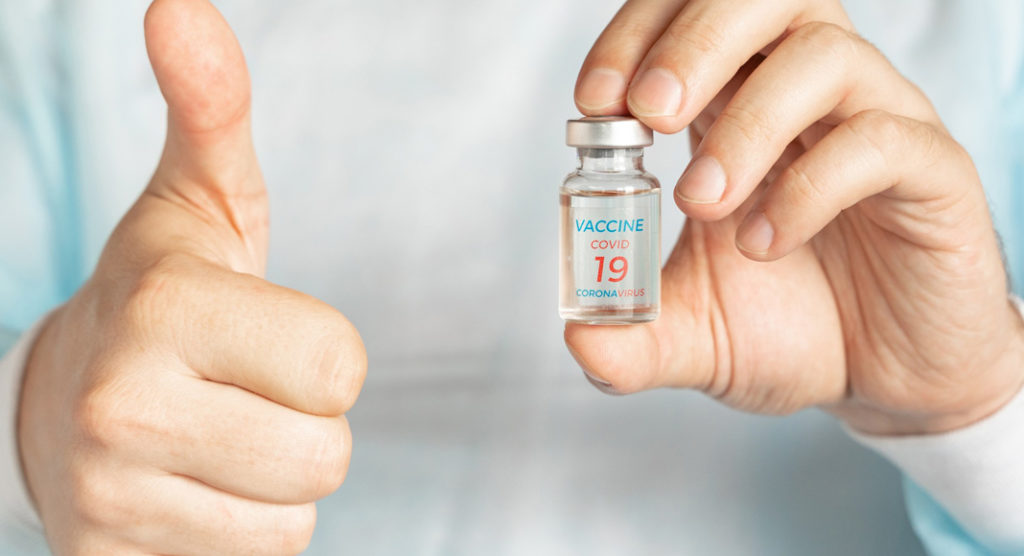
Mega Doctor News
Newswise — Rutgers was the second-largest Phase 3 clinical research trial site for Johnson & Johnson’s COVID-19 vaccine, which applied for emergency use authorization today from the U.S. Food and Drug Administration. The site, based at Rutgers Robert Wood Johnson Medical School, enrolled 840 participants from the university community and throughout New Jersey.
The results of the trial, conducted in eight countries across three continents, were released last week. The vaccine was found to be 85 percent effective in preventing severe disease and demonstrated complete protection against COVID-19-related hospitalization as of 28 days. It was also found to be 72 percent effective in the United States and 66 percent effective overall – including in areas with an emerging viral variant – at preventing moderate to severe COVID-19, 28 days after vaccination.
The onset of protection was observed as early as 14 days after vaccination.
“We all hope that after careful review of the trial results by the FDA that emergency use authorization is justified. This vaccine has the potential to reduce mortality, hospitalizations for serious infections and vaccinate up to 100 million Americans by the summer,” said principal investigator Jeffrey Carson, a provost at Rutgers Biomedical and Health Sciences and Distinguished Professor of Medicine at Rutgers Robert Wood Johnson Medical School.
Rutgers also served as a clinical trial site for the Moderna Phase 3 vaccine trial, which was led at Rutgers New Jersey Medical School. While the Moderna and Pfizer vaccine platform uses messenger RNA to create a protein that prompts an immune response in the body, the Johnson & Johnson vaccine platform uses an adenovirus – a type of virus that causes the common cold – that has been made unable to replicate. The adenovirus carries a gene from the coronavirus into human cells, which then produce the coronavirus spike protein, but not the coronavirus itself. This spike protein is what primes the immune system to fight off a subsequent infection by the virus. Since Johnson & Johnson has used this platform in its Ebola vaccine and in investigational vaccines for HIV and RSV, there is long-term safety data.
The most significant advantages of this vaccine are its logistics: It only requires one dose and can be stored for at least three months at 35 to 46° F – similar to a household refrigerator – and -4° F for two years.









